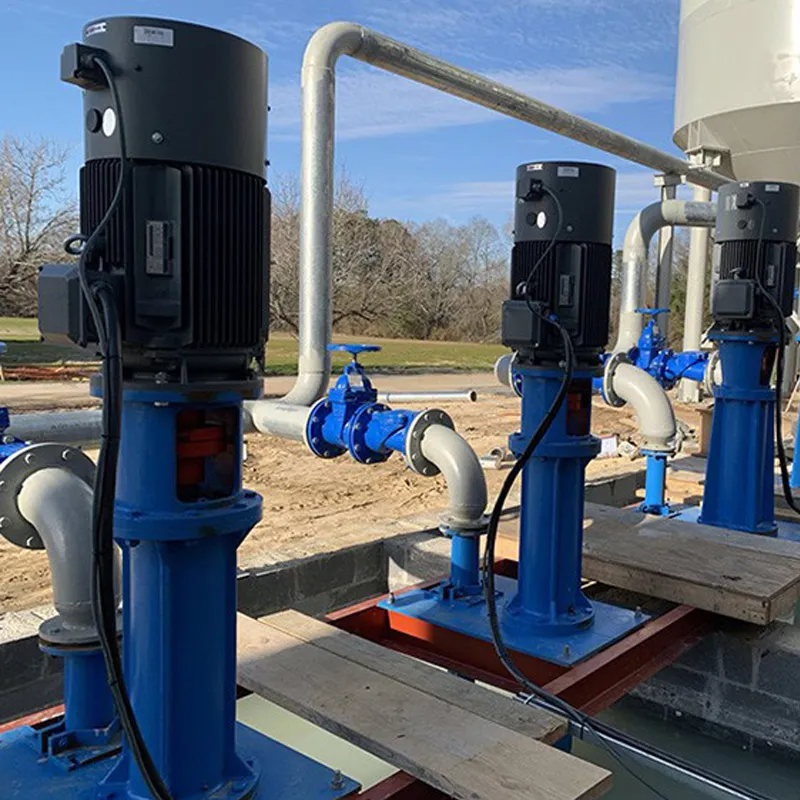TEL:
+86 13120555503
Swahili
- Afrikaans
- Albanian
- Amharic
- Arabic
- Armenian
- Azerbaijani
- Basque
- Belarusian
- Bengali
- Bosnian
- Bulgarian
- Catalan
- Cebuano
- Corsican
- Croatian
- Czech
- Danish
- Dutch
- English
- Esperanto
- Estonian
- Finnish
- French
- Frisian
- Galician
- Georgian
- German
- Greek
- Gujarati
- Haitian Creole
- hausa
- hawaiian
- Hebrew
- Hindi
- Miao
- Hungarian
- Icelandic
- igbo
- Indonesian
- irish
- Italian
- Japanese
- Javanese
- Kannada
- kazakh
- Khmer
- Rwandese
- Korean
- Kurdish
- Kyrgyz
- Lao
- Latin
- Latvian
- Lithuanian
- Luxembourgish
- Macedonian
- Malgashi
- Malay
- Malayalam
- Maltese
- Maori
- Marathi
- Mongolian
- Myanmar
- Nepali
- Norwegian
- Norwegian
- Occitan
- Pashto
- Persian
- Polish
- Portuguese
- Punjabi
- Romanian
- Russian
- Samoan
- Scottish Gaelic
- Serbian
- Sesotho
- Shona
- Sindhi
- Sinhala
- Slovak
- Slovenian
- Somali
- Spanish
- Sundanese
- Swahili
- Swedish
- Tagalog
- Tajik
- Tamil
- Tatar
- Telugu
- Thai
- Turkish
- Turkmen
- Ukrainian
- Urdu
- Uighur
- Uzbek
- Vietnamese
- Welsh
- Bantu
- Yiddish
- Yoruba
- Zulu
Telephone: +86 13120555503
Email: frank@cypump.com
Februari . 15, 2025 17:56 Back to list
Septic Tank Pumps
Navigating the world of septic sewage pumps can be daunting without the right expertise and real-world insight. These pumps are integral to ensuring that wastewater is efficiently transported from your home or commercial property to your septic system. Understanding their significance can prevent potential system failures, costly repairs, and unsanitary conditions.
Furthermore, understanding the power requirements of your pump is vital. Pumps are generally rated in horsepower (HP), and selecting the appropriate HP for your setup can avoid unnecessary energy consumption or insufficient power. A pump with 0.5 HP is commonly sufficient for most residential setups, whereas commercial or large properties might require more robust units with higher horsepower. The authority in the field of septic systems often point to the necessity of alarms and backup pumps. Some premium models come with built-in alarms that warn of potential overflows or malfunctioning. This feature can be a lifesaver and prevent property damage. Additionally, having a backup pump provides an extra layer of security and reliability. In critical situations, such as power outages or primary pump failures, a backup pump ensures that your sewage system remains operational. Trust is fundamental in choosing the right septic sewage pump. Opt for manufacturers who provide extensive warranties and have a track record of excellent customer service. Warranty periods typically range from one to three years, indicating the confidence a manufacturer has in their product. Customer reviews and testimonials are also invaluable resources that can guide you towards a trusted purchase. They offer real-life insights and can highlight aspects of the pump that might not be immediately apparent during the buying process. In closing, an understanding of septic sewage pumps' functionality, paired with expert advice and personal testimonials, equips you with the ability to make an informed decision. Whether you're upgrading an existing system or setting up a new one, prioritizing quality, reliability, and expert-recommended features will serve you well in ensuring the system’s optimal performance and longevity.


Furthermore, understanding the power requirements of your pump is vital. Pumps are generally rated in horsepower (HP), and selecting the appropriate HP for your setup can avoid unnecessary energy consumption or insufficient power. A pump with 0.5 HP is commonly sufficient for most residential setups, whereas commercial or large properties might require more robust units with higher horsepower. The authority in the field of septic systems often point to the necessity of alarms and backup pumps. Some premium models come with built-in alarms that warn of potential overflows or malfunctioning. This feature can be a lifesaver and prevent property damage. Additionally, having a backup pump provides an extra layer of security and reliability. In critical situations, such as power outages or primary pump failures, a backup pump ensures that your sewage system remains operational. Trust is fundamental in choosing the right septic sewage pump. Opt for manufacturers who provide extensive warranties and have a track record of excellent customer service. Warranty periods typically range from one to three years, indicating the confidence a manufacturer has in their product. Customer reviews and testimonials are also invaluable resources that can guide you towards a trusted purchase. They offer real-life insights and can highlight aspects of the pump that might not be immediately apparent during the buying process. In closing, an understanding of septic sewage pumps' functionality, paired with expert advice and personal testimonials, equips you with the ability to make an informed decision. Whether you're upgrading an existing system or setting up a new one, prioritizing quality, reliability, and expert-recommended features will serve you well in ensuring the system’s optimal performance and longevity.
Share
Next:
Latest news
-
ISG Series Pipeline Pump-Chi Yuan Pumps|High Efficiency, Low Noise
NewsAug.07,2025
-
ISG Series Vertical Pipeline Pump - Chi Yuan Pumps | High Efficiency, Low Noise
NewsAug.07,2025
-
Industrial Chemical Pumps for Sale | High-Performance & Reliable
NewsAug.07,2025
-
ISG Series Vertical Pipeline Pump - Chi Yuan Pumps Co., LTD.|High Efficiency&Low Noise
NewsAug.07,2025
-
ISG Series Pipeline Pump - Chi Yuan Pumps | High Efficiency, Reliable Performance
NewsAug.07,2025
-
ISG Series Vertical Pipeline Pump - Chi Yuan Pumps Co., LTD.
NewsAug.06,2025










